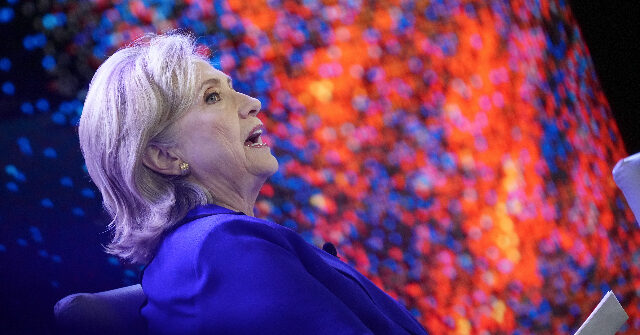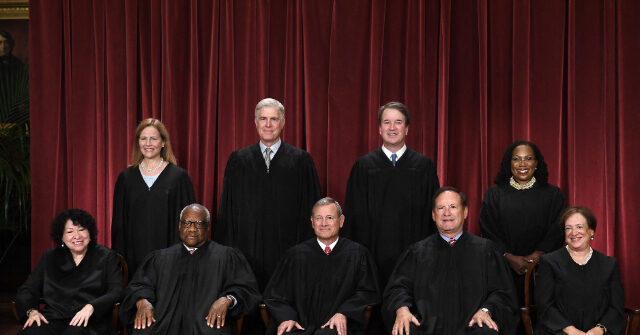
Hillary Clinton and Climate Change Propaganda
The article claims that Hillary Clinton is urging Hollywood to create media content that targets you...
Read more
The Supreme Court has ruled 6-3 against an undocumented immigrant who was trying to secure a U.S. visa despite alleged ties to the MS-13 gang. The case, which involved a Salvadoran man named Enrique Encarnación, centered on his attempt to avoid deportation by claiming that he would be persecuted if he returned to his home country due to his alleged affiliation with the notorious gang. The court, however, found that Encarnación had not provided sufficient evidence to support his claim. Justice Clarence Thomas, writing for the majority, stated that "Encarnación failed to show that the government would be unable to protect him from the alleged threat." The dissenting justices, led by Justice Sonia Sotomayor, argued that Encarnación had presented credible evidence of his potential persecution and that the government had not adequately addressed his concerns. The case has sparked controversy, with some arguing that the court's decision will make it more difficult for immigrants to seek asylum in the U.S. Others have defended the ruling, arguing that it is important to ensure that the asylum system is not abused by individuals with ties to criminal organizations.
Summary
"The Supreme Court's decision in this case is likely to have significant implications for the future of immigration law. The court's emphasis on the need for strong evidence to support asylum claims could make it more difficult for individuals to obtain protection from deportation. This decision is likely to be a source of continued debate and discussion about the balance between protecting the rights of immigrants and ensuring the safety of the U.S."
Updated at: 06.23.2024
Categories